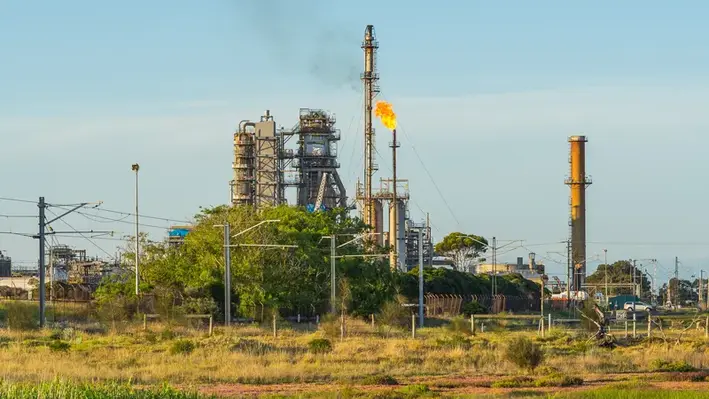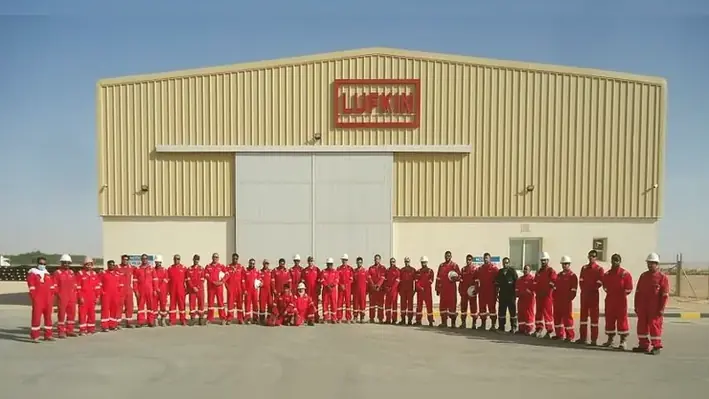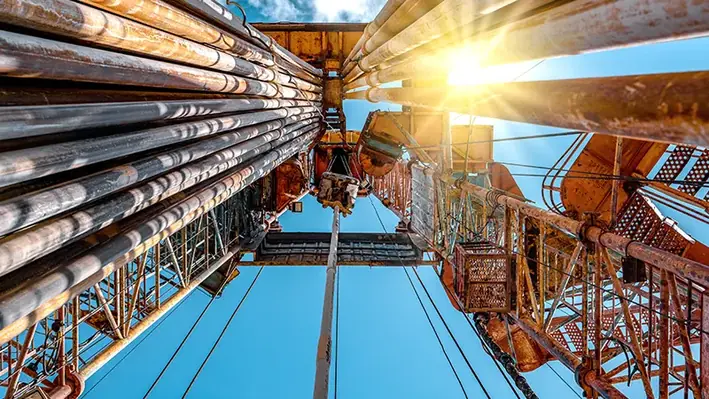 As ExxonMobil Australia steps up decommissioning of ageing offshore oil and gas assets in the Gippsland Basin, the company is also repurposing onshore infrastructure as part of its ongoing energy transition and forward investment plans.
As ExxonMobil Australia steps up decommissioning of ageing offshore oil and gas assets in the Gippsland Basin, the company is also repurposing onshore infrastructure as part of its ongoing energy transition and forward investment plans.
That includes the demolition of the former Altona refinery facilities, which Mobil commenced in September.
Rhys Kelly, Terminal Manager, Melbourne Terminal, said in an update that this decommissioning work would continue for two more years.
“Demolition of former refinery infrastructure is a complex task,” he noted. “Work commenced in September 2025 and is expected to continue through to the end of 2027.”
It follows a review of future opportunities for parts of the Altona Terminal site which are not required for fuel terminal operations.
Following the review, the company is planning to demolish a number of tanks, former refinery process units and associated infrastructure that are not required to support its vision for a reliable supply of fuel to Victoria.
Since works to transition the Altona site to a world-class terminal began in 2021, it has refurbished a number of tanks, increasing fuel storage capacity by almost 250 million litres to ensure it can meet the federal government’s minimum fuel storage requirements, as well as maintain a vital role in supplying around 40% of Victoria’s fuel needs.
“This year, we continue to focus on delivering additional fuel storage across the Mobil Melbourne terminal, including at Gellibrand Wharf and the Altona site, so that we can maintain our supply of around 40% of Victoria’s fuel from Melbourne’s largest fuel storage and distribution terminal,” added Kelly.
“It has been a productive year, and we have completed many projects that will provide the additional storage required to support our ongoing, reliable supply of fuel to Victoria into the future.”
In a community bulletin, Mobil added that it had carefully planned the demolition work to ensure it is managed safely.
Given the nature of the work, it said there may be “noticeable changes” in the site profile, with the flare being one of the first assets to be removed.
Mobil added that it will also implement strict environmental controls to minimise impact on the neighbourhood, including completing most work during the day, industrial hygiene monitoring and using dust suppression.
“We have worked closely with regulators to obtain the necessary approvals and carefully planned the demolition works to minimise impacts on our neighbours,” said Kelly.
“We will also closely monitor the works so that we can quickly respond to any unexpected impacts if they occur.”




